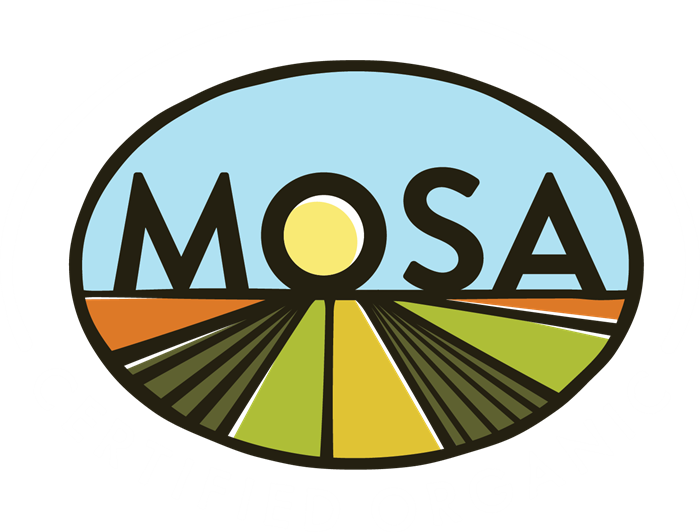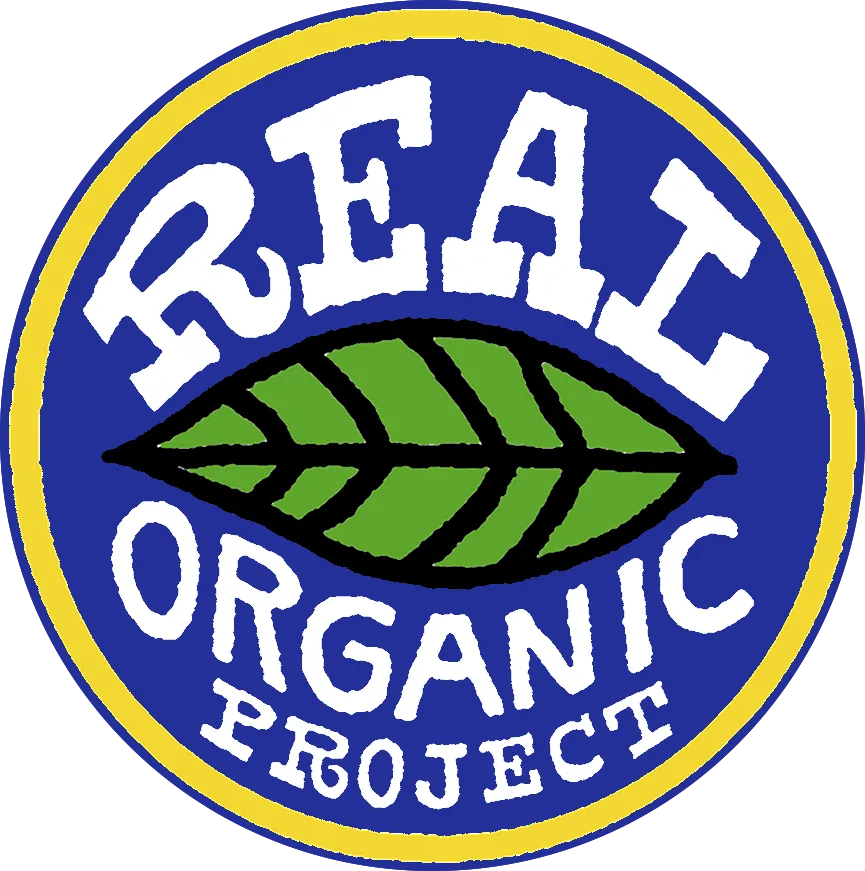The Reparations Check Debacle at BMO Harris Bank: Summer Week #10: 8/7/24
The Reparations Check Debacle at BMO Harris Bank
According to Madison Magazine (in their July 3, 2024 article entitled Black Farmer in Madison are Growing Their Legacy), “Black farmers make up only 1.2% of the 3.4 million producers in the U.S. (as of 2022) after decades of being systematically shut out from loans and federal subsidies. In Wisconsin, Black farmers make up just .01% of all farmers.”
In recognition of the historical social/racial/economic inequities that our food system is based upon, we began charging a reparations fee to all Crossroads members 4 years ago. We charge every member $6 when they sign up (the current cost of a latte plus tip). We lost customers over this practice, but we believe it’s important to do. As you may have read earlier in the season, Farmher Kim from Farmher Regenerative Greens was the recipient this year. We sent her a check for $3922.32.
The story I’m about to tell you is so very disheartening.
Cliff notes version: After multiple attempts, much patience and argument, many calls from the bank to me, and a series of unequal bank practices, Kim finally was able to cash her reparations check. Something as simple as cashing a check was not simple for Kim. And after a lengthy talks with a higher up at the bank, it is very clear that Kim was not treated following bank protocol. Crossroads has lodged a discrimination complaint with BMO.
Here is the longer version. Before I tell the story, I do want to note that this story comes from talking with Kim about her experiences at the bank and talking with Michael Farber, the business relationship manager at BMO.
When I issued the check to Kim in May, I called her and asked how she wanted me to address the gifted funds check. The easiest route she said was to address it to her daughter, who has a bank account at Summit. I printed out the check amount and then hand wrote her daughter’s name on the pay to the order of line.
When Kim received the check, they went to her daughter’s bank to cash it, but due to the large amount of the check ($3922.32) they were told there would be a 10 day hold on the funds (standard bank protocol). They were told if they took the check to the issuing bank, they would be able to receive the funds immediately.
So Kim and daughter took the check to BMO. It was the very end of the day and the bank was going to close soon. They were told they could cash the check, but they would have to pay a $10 processing fee and needed extra forms of identification since they weren’t bank customers (standard protocol). Kim decided to come back another time when they had the identification that was required.
When they returned to the bank with the proper forms of identification, the folks at that East Towne BMO Bank told her she couldn’t cash the check. They said they suspected the check was fraudulent. As has been explained to me by the Mr. Farber, check fraud is on the rise, and because I hand wrote the name on the check, this made them suspicious. While Kim was beginning to feel that discrimination was at play at this time, Mr. Farmer assures me this was standard protocol.
What happened next, however, is not standard protocol. BMO was supposed to call the owner of the bank account and make sure the check was not fraudulent. However, instead of calling me on the primary number listed on my account (my cell phone), they began calling me on an older number in my account – a landline we no longer actively use.
On this day that Kim tried to cash her check, she could not, because I didn’t pickup the phone of the old, secondary phone number. They never called my primary phone number, my cell. Not this time or the next several times Kim went to the bank and tried to cash her check. They told Kim I had put a special hold on the check and that if the check wasn’t fraud, she should have known about this. Not true.
After several failed attempts to cash the check, Kim finally contacted me directly to let me know they wouldn’t let her daughter cash the check. I immediately called the bank and told them the check was legitimate and was very angry they were giving her a hard time. In twenty years of doing business, I have never had someone not be able to cash a check issued from our farm – whether I hand wrote the check or printed it, never has fraud been suspected.
At this point in the story, according to the BMO higher up, Mr. Farber, all question of fraud should have stopped once I verified the check. Standard protocol if fraud is suspected, is to wait for confirmation of account owner that the check is legit. If account owner verifies the legitimacy of the check, then everything should move forward. At this point, Kim and her daughter just needed to pay the $10 service fee and show 2 forms of identification and the check should have been cashed.
It was not. BMO tellers and the manager at East Towne continued to refuse to cash the reparations check for Kim and her daughter.
This is an important departure point of this story. The fact that this check was flagged as fraudulent could have been standard protocol and not influenced by the color of Kim’s skin. Mr. Farber says that the handwritten check and the fact that Kim was not a BMO customer were red flags that made the check suspicious. And while he cannot explain why they continued to call an outdated number for my confirmation of the check’s legitimacy, so far the story seems to fall under standard protocol… UNTIL the point where BMO still refuses to cash the check after I said it was legitimate.
What happened to Kim after this should NOT have happened. Kim spent 7 hours at the bank fighting to get her check cashed. The story here gets even more outrageous, it’s hard for me to summarize. But the main point is she spent SEVEN HOURS – and this after multiple trips and attempts. They did background checks on her and her daughter. At one point they took the check away from Kim and refused to give it back to her. They forced Kim to open a bank account at BMO. They claimed that all of these things needed to happen for her to cash that check for $3922.32.
Kim finally opened the account. Kim received her money. Kim removed the money. Kim closed the BMO account, disgusted.
NONE of the things that happened to Kim after I verified the check were legal. NONE of them followed BMO’s protocol, according to Mr. Farber.
Kim and I talked on the phone several times throughout this whole process. This was a degrading experience for her. She received a check from a white farmer for reparations, and was not able to cash it without experiencing unfair and unequal treatment at the bank. She was so angry after the experience, and I am angry right along with and for her. I asked her if she wanted help fighting any of this. She was so tired of it all, so disgusted, she didn’t want to spend any more energy on it than she already had. I asked her how I could help, and together we brainstormed that I would do two things:
1) write this newsletter and share with you all how difficult it was for this black farmer to cash her reparations check at BMO Harris Bank
2) for Crossroads to make noise at the bank about this issue
I have done so. Mr. Farber was very patient and to his credit, immediately owned things that BMO did to Kim that they should not have. There were clear bright lines of protocol that should have been followed that were not. He has told me he will investigate this with the East Towne branch and wrote up a formal complaint from Crossroads to BMO. He has invited Kim’s daughter (the addressee of the check) to lodge a complaint as well. I’m not at all convinced that this complaint will result in any changes at BMO. But I still feel it’s important not to let injustices slide.
This is a solid example of unequal bank practices being used for a person of color. My heart feels so heavy. How deeply sad and darkly ironic that a black farmer who goes to cash a reparations check is unable to cash that check without being treated differently.
I want to thank Kim for taking even more of her valuable time to tell me what happened to her. And thank you for taking your time to read about what happened to her.







